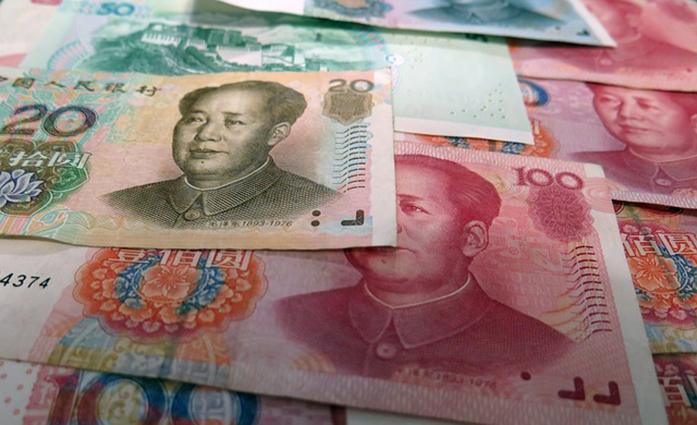Jacob Prall
prall.jacob@gmail.com
From 2005 to 2014, the Chinese GDP grew from $2.27 trillion to $10.36 billion. At peak times, their GDP growth was over 16 percent annually. The current Chinese economy makes up over 16 percent of the world’s GDP, just a little under the United States. When observing the growth of GDP per capita purchasing power parity, it has risen from a little over $5,000 to $12,600. This growth has benefited the average citizen in China but has done wonders for a new, ultra-wealthy elite in China. This may seem like a Chinese issue, but it has very real consequences for the United States, specifically in regard to the real-estate market.
Ultra-wealthy Chinese families are searching for havens to invest their renminbi, the Chinese currency. One market that is on the upswing and considered relatively safe is the U.S. real-estate market. Billions of dollars are flowing into the U.S. real-estate market from China, and they are limited by geographic location. Originally, these ultra-wealthy Chinese patrons bought up properties in the cities of the East and West Coasts, contributing to the skyrocketing costs to own property in New York and Silicon Valley. Many of these properties are not intended to be primary residencies for their owners, and they are often rented. This makes a lot of economic sense, as rent rates in the U.S. have been on a steady rise.
Now, coastal cities are not the only ones experiencing this phenomenon. The New York Times reported on a Texas ranch that was once a Christian day camp, then corporate retreat, and now is home to 99 mini-mansions built for buyers from mainland China. The 109-acre plot is 35 miles northwest of Dallas.
The United States is not the only country facing rising real-estate prices; in London and Vancouver, millions of dollars are purchasing skyscrapers and high-end apartments, pushing locals out.
The Chinese spenders are looking for safe investments and also for places in which the Chinese government can’t reach their money. This dynamic surfacing between those who have gained in the capitalist reforms of the Chinese economy and the communist Chinese government is shifting the traditional buying and selling systems of residential and commercial real estate throughout the West. In fact, Chinese families represented the largest group of overseas homebuyers in the United States for the first time, according to the Times.
The number of houses bought doesn’t have to be very large, as the amount spent per home is disproportionately high. In fact, 1 in 14 homes worth more than $1 million purchased in the United States are done so by Chinese families. There isn’t really anything to be done about it, either.
The rising costs of homes will push lower-income households even farther from urban centers, as bidding wars and exorbitant prices remain the status quo in large cities. For the Midwest, a new rise in property values because of Chinese money may be helpful for families looking to sell their homes, or using their homes as an investment. It will make things more difficult for millennials and people looking for their first homes, however, as the increase in oversea sales will make affordable living spaces more and more difficult to find.



